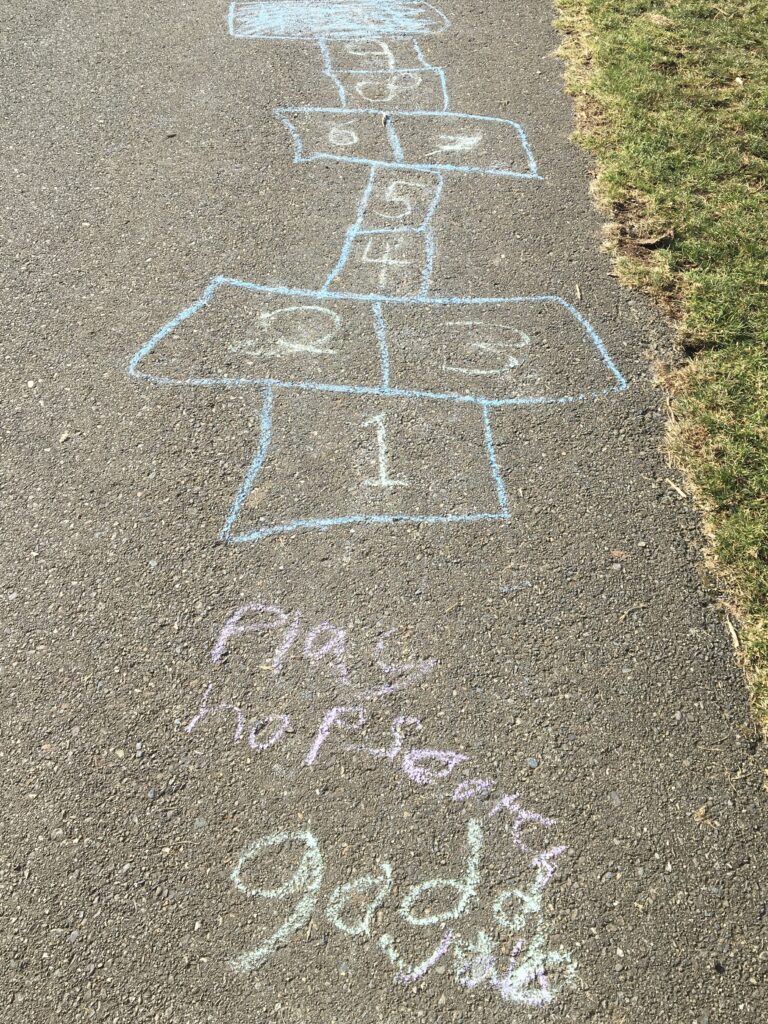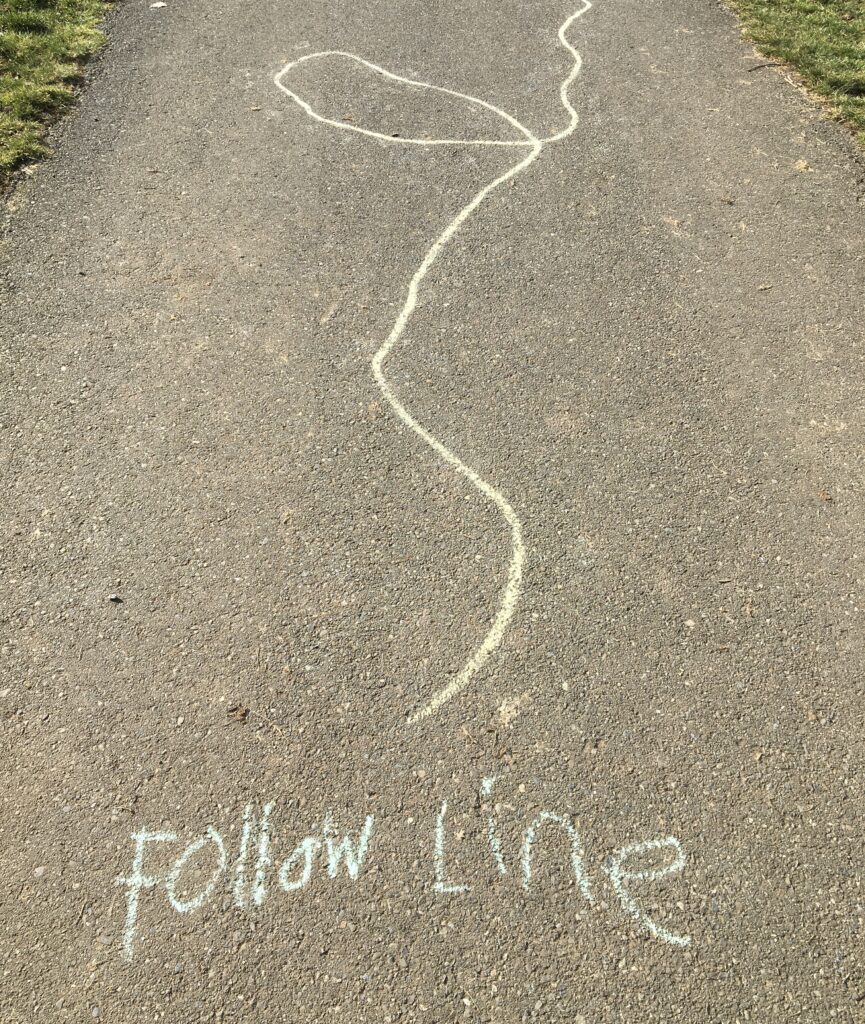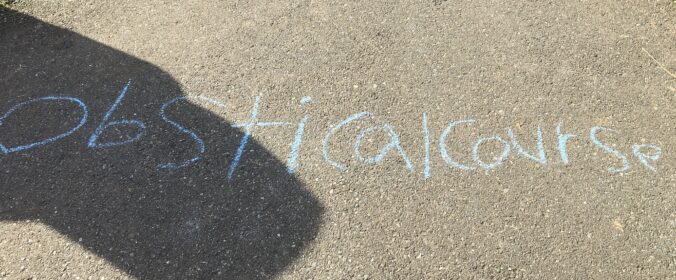OK, I’m finally getting this blog going for my musical growth plan! The plan, in short, is to master the first variation (not the aria) of Bach’s Goldberg Variations on piano. Well, ‘master’ is a strong word. I will not master it. But I hope to learn to play through it fluently with few, if any, mistakes. It will be difficult.
In class today we practiced screencasting! Here’s the result of my experimenting with it:
It does seem like screencasting is a super-useful tool. I mean, I know it is from experience with Khan Academy, but it seems like a handy skill for me to have. Like management of a wordpress website, this too feels like something I am likely to use—in one context or another.
Rich also shared a couple of interesting findings pertaining to audio-visual combinations and memory. For one thing, he said that putting up a text-filled powerpoint slide and also reading aloud from it to the class would result in us retaining less of the content, than if it had been either shown or read (not both). This comported with my experience as a student, but it was nice to have it more broadly confirmed. He also mentioned that instructional videos that were animated yielded more learning(? I don’t remember what the metric was but something like that) than non-animated ones.
On the other hand, he also said that if a primarily non-animated, talking-head-style video occasionally included animated insets, these would be experienced as distractions by viewers and rather than enhancing learning would tend to inhibit it. This point was something I had less of an intuition for, but it certainly comported with what I’d previously categorized as my personal preference—for talking head videos to be visually plain, rather than dolled up with accessories. The style of instructional video I’ve produced so far has been that of the unadorned talking head—no fancy insets, just demonstration and explanation, as I would give a student in person.

Yesterday I spent a few hours recording myself. No part of the footage will be used in posted video, but I don’t believe any of it was useless either.
Some people write scripts for themselves. I doubt I will ever do that. Some people write outlines and that is something I might try one day (but no promises). Thus far, the thing that has worked for me is simply to try to make a video—over and over again.
First efforts are largely about discovery: I press record and start talking on a topic and thus find out what I have to say about it. In the process I bump up against limits to my knowledge and this informs me of what I need to research, try out musically, or even just remember. Later my efforts are more about shaping the monologue—figuring out what ideas and points to include and where. And eventually the process becomes more about details and, especially, compressing everything I want to say into the tightest package possible (that still feels personable).
In fact, all parts of this refining process are going on simultaneously from the first time I press the record/stop button through to the last, but the overall emphasis shifts over the course of the iterated attempts. Takes will eventually start to feel usable, and in the end I will settle on a single one, which I may or may not further reduce using editing tools. (I prefer the look of unedited videos, but sometimes an otherwise great take is still just a bit too flabby.)
At this stage I’m still very much in the discovery period of recording for this first video, so I have nothing really to show from hours of work. But I trust the process. Also, I forgot it was Thanksgiving day weekend and failed to make plans for visiting family (shrug emoticon), so tomorrow I’ll be here, back at recording again (thumbs up emoji).
Although I don’t have much to show for it yet, I have actually been working on my free inquiry project. As announced in my previous post, I’m going to be making YouTube videos conveying useful concepts in music theory for songwriting. For one thing I’ve generated the following very-incomplete list of topics that I’d like to cover in future videos:
- Inverted chords (including a brief lesson on Rameau’s chord theory?)
- Bass lines as melodies (including review of diatonic & chromatic movement)
- Intro to vocal harmonies (emphasis on discontinuous harmonies)
- Vocal harmony style study (comparison of the Beach Boys and The Band)
- Surprise in chord repetition
- The sweet spot between weird & normal (weird can be boring)
- Playing with time: intro to messing around in the rhythm department
- Shifting & switching tempos
- Time signatures, simple and complex
- Omitted beats (e.g. ‘Hold On Dear Brother’) & partial beats
- Getting math-y: counting down (or up) with chord repetitions & beats
- Setting words to music: word painting & assigning notes to words
- Accommodating words to music (e.g. ‘Ps 16’)
- Accommodating music to words (e.g. ‘Morrow Thought’)
- Song structures
- Writing from something simple that feels good to play
- Writing from melody rather than from chords
- Thoughts on instrumentation
Realistically, completing just 3 or 4 of these in a single semester would be a feat—and that’s what I’m shooting for. The ideal order in which to make these is still unclear to me, but I know that I’d like to start with an exploration of inverted chords and bass lines, and I trust the path will unfold from there.


OK—I have a topic for my free inquiry project.
A couple of years ago, one of my brothers (Richard) was writing a song about Toronto, where he lives. At the time he was looking for interesting chords to “go to”—meaning he was creating a progression of different chords and he wanted it to not sound too boring. He asked me for ideas, as I had more knowledge of music theory and experience making songs than he did (although he had already written a number of songs himself). I wanted to help, but rather than tell him what to do I was inclined to try to transmit some of the creative tools I had acquired, for his own use. Sort of a “teach him to fish” approach.
The result was a series of videos on music theory geared towards songwriting—not how to understand and use music notation, not how to play a given instrument, but mostly how to create interesting chord progressions. The videos were originally intended for my brother, but as I could imagine others finding them even more useful, I decided to post them on my youtube channel and add to the playlist periodically. I did so in spurts for awhile and at this point it’s been about 10 months since making one.
I never consciously decided to stop making them, but one of the reasons they stopped being made in what free time I had was that as the concepts being discussed became more advanced, they became more and more interesting to me, and closer to how I actually think about songwriting. While this may sound like it would be more motivating (which it was, in one way), it was simultaneously more daunting, as I was entering into territory that was somewhat more personal and for which I held myself to a higher standard.
Anyway, what I’d like to do for my free inquiry project is to have another go at making the next set of these videos. This will involve learning, largely through trial and error, how to communicate with clarity and efficiency concepts heretofore unarticulated by me. Some aspects of what I’ll be discussing will be firmly rooted in traditional Western music theory while other aspects will be more purely aesthetic and subjective . Some notions will be inevitably nebulous while others will be more concrete. But all of it must seem to me useful and watchable. That is the plan.
As for my brother Richard, he finished and published his ode to Toronto long ago with little to no help from me or any of my videos, and to impressive local renown:
https://www.blogto.com/music/2020/07/music-video-while-riding-bike-around-toronto/

First week of class: a little intimidating. I am not used to free inquiry in school. I practice free inquiry out of school, but in school I expect tasks with clear parameters—assignments, basically. Also, group work is intimidating in a specific way: I cannot simply do group work (though it is sometimes very fun). It requires participation, patience, and entertaining ideas not one’s own. I’m also not used to school or university classes being pass-fail. I’m used to lifeguarding and first aid and Foodsafe and TESOL classes being pass-fail, but not school. School is like a game where you try to get the highest score but a full score is only ever attainable in theory.
The “Most Likely to Succeed” film: good! Surprisingly limited in scope, given the vague title (from which you would not guess it was about one particular school), but good nonetheless. I would love to watch a bunch of movies like this, each one featuring a different type of experimental school. A hope I’ve always had for a university education program is that it would introduce me to competing approaches to education and compare and criticize them, but I expect this hope to be disappointed. It’s not much, but at least this one class will have introduced me to one specific approach.
Initial website-establishing efforts: see previous blog post.
Second week’s class: rather encouraging. I learned I’m not alone in my feeling of general bewilderment, and that professor Michael’s patient and question-welcoming demeanor in the first class was not a bluff.
I chose a free inquiry topic! See second free inquiry blog post.
Third week’s class: dominated by Jesse Miller’s talk which I did not find helpful. He managed (impressively) to string a lot of words together in close succession while communicating very little information. Clear takeaways: none. Okay, on second thought, here’s one takeaway: Some teachers have done some weird stuff that was unprofessional and gotten in trouble for it. Noted.
